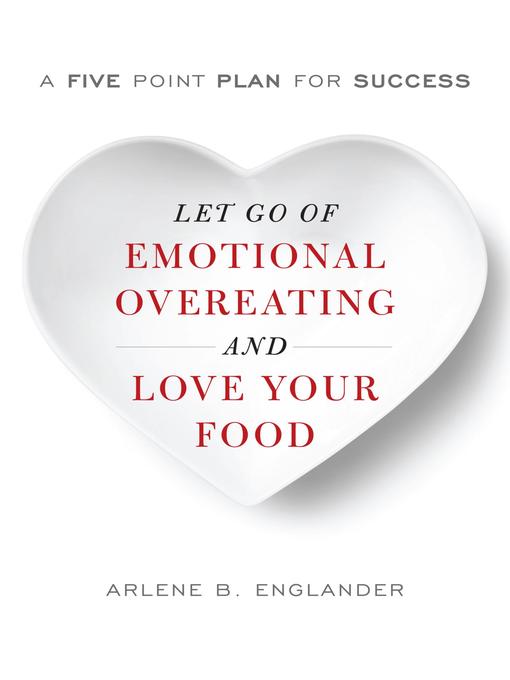
Let Go of Emotional Overeating and Love Your Food
A Five-Point Plan for Success
کتاب های مرتبط
- اطلاعات
- نقد و بررسی
- دیدگاه کاربران
نقد و بررسی

July 1, 2018
Englander, a licensed psychotherapist and former emotional overeater, identifies the stressors of emotional eating--using food as a way to distract oneself from painful thoughts and feelings--and demonstrates how to rework negative thoughts into productive actions. The goal is to eat in a more pleasure-oriented, self-regulated manner and to maintain a better balance between joys derived from life and those derived from food. Readers further learn how positive self-talk can help them lower stress, love healthy foods, savor meals, and even enjoy exercise. She also speaks to situations in which overindulging is likely to occur, including late-night eating, parties, and vacations. VERDICT Compassionate wisdom for all who suffer from emotional overeating.
Copyright 2018 Library Journal, LLC Used with permission.

October 15, 2018
For those who use food to self-soothe, Englander’s approach to a healthier relationship with food might be a good fit. A psychotherapist and self-confessed compulsive overeater, Englander convincingly and appealingly observes that “it’s great to be free from dieting yet still be slim and fit.” In fact, throw out the concept of diets, which Englander says are counterproductive. Diets turn off “our awareness of hunger and satiety,” so instead, Englander focuses on learning how to savor meals. Englander asks thoughtful and probing questions throughout, while also making liberal use of anecdotes to provide encouraging and empirical examples of healthy behaviors. She puts forward the mnemonic device SELF (stress, exercise, love your food, fluids and healthy foods) as a way to remind oneself to make behavioral changes, such as not always totally clearing one’s plate, or learning to enjoy exercise. Quick discussions of how childhood affects lifelong attitudes toward food and how work environments can encourage overeating provide additional food for thought. Englander provides readers with a start on the right path to healthy eating.

























دیدگاه کاربران